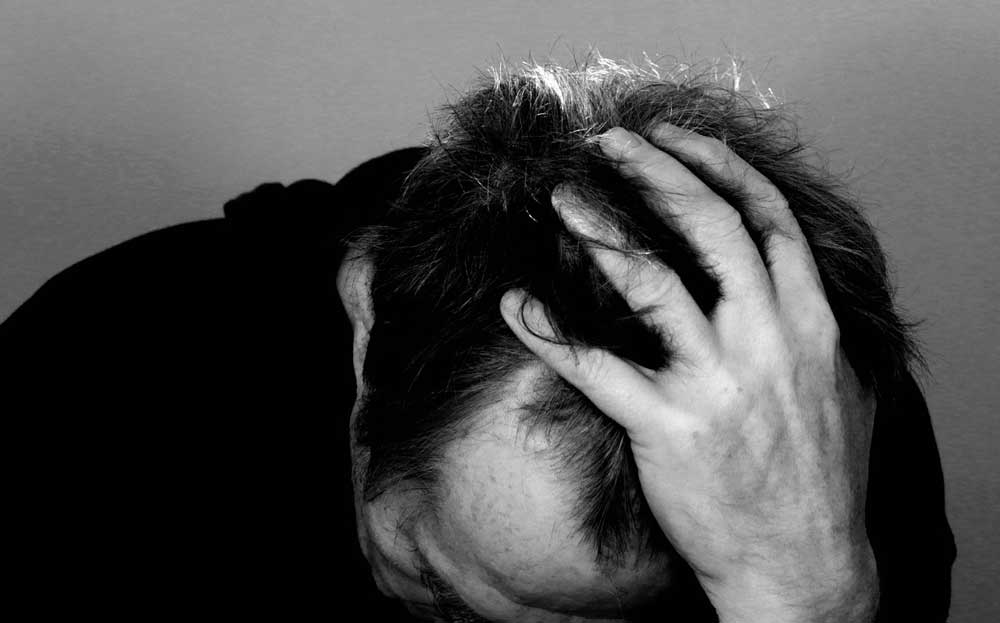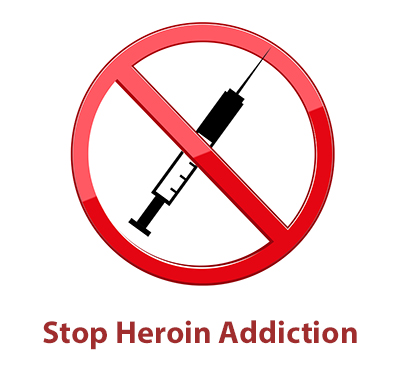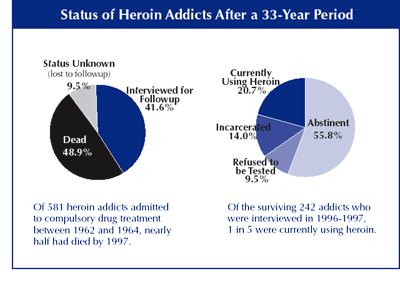Understanding heroin competently

Understanding heroin competently. Heroin addiction factors associated with depression includes all the factors increasing addiction risk on drug users.
Understanding heroin competently: Establishing your heroin problems
Over the years we have been posting very informative health blogs concerning drug abuse and including heroin which is going to be our focus for a while in our subsequent postings. We have since noticed that the rate at which this is increasing is worrying and as professionals at AWAREmed Health and Wellness Resource Center under the able leadership of doctor Dalal Akoury we will continue giving our contribution to ensure that the prevalence of substance abuse is reduced to manageable levels. In our interaction with clients and patients from time to time, we have noticed that the public are not really informed of the consequences of these substances. And most worrying is that even if they are directly affected, it takes others to notice but the real victim is not even aware that he/she is addicted to heroin or any other drug. We want to use this forum to further create more awareness of the prevalence of heroin and the question we want to respond to is understanding heroin competently. And for the simplicity of our understanding heroin competently, we have segmented the discussion in four question of great concern. We hope that this will help you understand better what heroin really is and how you can protect yourself from the scourge. The four questions of concerns include:
- How Do I Know if I Have a Heroin Problem?
- What is Heroin and how is it Used?
- Effects of Heroin Use
- Treatment for Heroin and Opiate Addiction
Heroin is an illegal, highly addictive drug. It is not just the most abused drug but it is also the most rapidly acting of the opiates. These characteristics have put it to be the leading opiate abused in the global opiate market. With the help of the professionals at AWAREmed Health and Wellness Resource Center, we will be discussing these questions one by one progressively in our subsequent articles. But in the meantime even as we bring this article to an end, the consequences of heroin addiction forces us to be on high alert and be quick in understanding heroin competently.
And to help us in creating that competent understanding, doctor Dalal Akoury MD, Dr. Akoury made a decision to create a medical center whose main objective is to transform each individual’s life through increasing awareness about health and wellness and by empowering individuals to find their own inner healing power. Dr. Akoury’s practice focuses on personalized medicine through healthy lifestyle choices that deal with primary prevention and underlying causes instead of patching up symptoms. This is a very good step in finding lasting solution to those struggling with heroin addiction. If this description suites your situation, you may want to call doctor Dalal Akoury on telephone number 843 213 1480 for a more and one on one further professional deliberations.
Understanding heroin competently: Establishing your heroin problems








